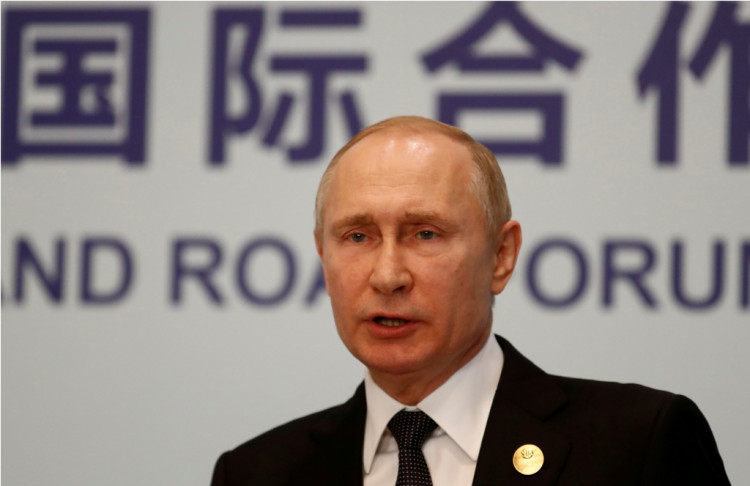In a strategic move that surprises few but concerns many, Vladimir Putin is positioning himself to maintain a hold on Russia's highest office. According to insiders privy to Kremlin decision-making, Putin is primed to announce his candidacy for the next presidential term-a decision that could extend his leadership until at least 2030, placing him among the longest-serving leaders in Russian history.
Six sources, whose identities remain confidential due to the sensitive nature of the subject, have intimated to Reuters that Putin, now 71, is prepared to guide Russia through what is considered the most tumultuous period since the Soviet Union's dissolution, according to Reuters. This revelation comes amid Russia's protracted conflict with Ukraine, which has incited the most severe global tension since the Cold War's Cuban Missile Crisis, manifesting in punitive Western sanctions and a significant impact on the Russian economy.
Putin, who inherited the presidency from Boris Yeltsin in 1999, is confronting a unique array of challenges. The confrontation with the West has exacerbated internal economic strains, with inflation on the rise and defense expenditures consuming nearly a third of the nation's budget for 2024, according to government drafts.
Yet, despite these pressures and a war that has isolated Russia internationally, Putin boasts approval ratings around 80%. With the state media's support and virtually no formidable public opposition, his continued rule seems almost a foregone conclusion. Opposition voices, like that of the incarcerated Alexei Navalny, offer a dissenting view, depicting Putin's Russia as regressing into a different breed of totalitarianism-a stark contrast to the president's portrayal of the war as a defensive struggle against Western aggression.
In a landscape where significant opposition figures like Navalny remain jailed and others, such as the influential mercenary Yevgeny Prigozhin, meet untimely ends, Putin's path appears clear. Following Prigozhin's demise-just two months after an attempted mutiny-Putin has tightened his grip, ensuring Wagner and similar groups remain under firm control.
Putin's plans to stand for re-election are not merely about political longevity but seem to be a move to reinforce Russia's resilience against what he perceives as existential threats from the West. While the West denounces him as an autocrat guilty of territorial conquests, Putin frames the Ukrainian conflict as a pivotal front in a broader struggle against American hegemony.
The Kremlin has not made an official campaign announcement, but Dmitry Peskov, Putin's spokesperson, has not denied the swirling speculation. As March approaches, the stage is set for Putin to solidify his leadership at a time when the International Monetary Fund acknowledges Russia's economic growth, despite the West's sanctions and the Eurozone and U.S. facing slower projections.
As Putin gears up to potentially surpass Stalin's tenure, the world watches with bated breath. His reign's extension is not only a domestic power play but a signal of Russia's unyielding stance on the global stage, presenting a formidable continuity amid the roiling currents of international politics.






